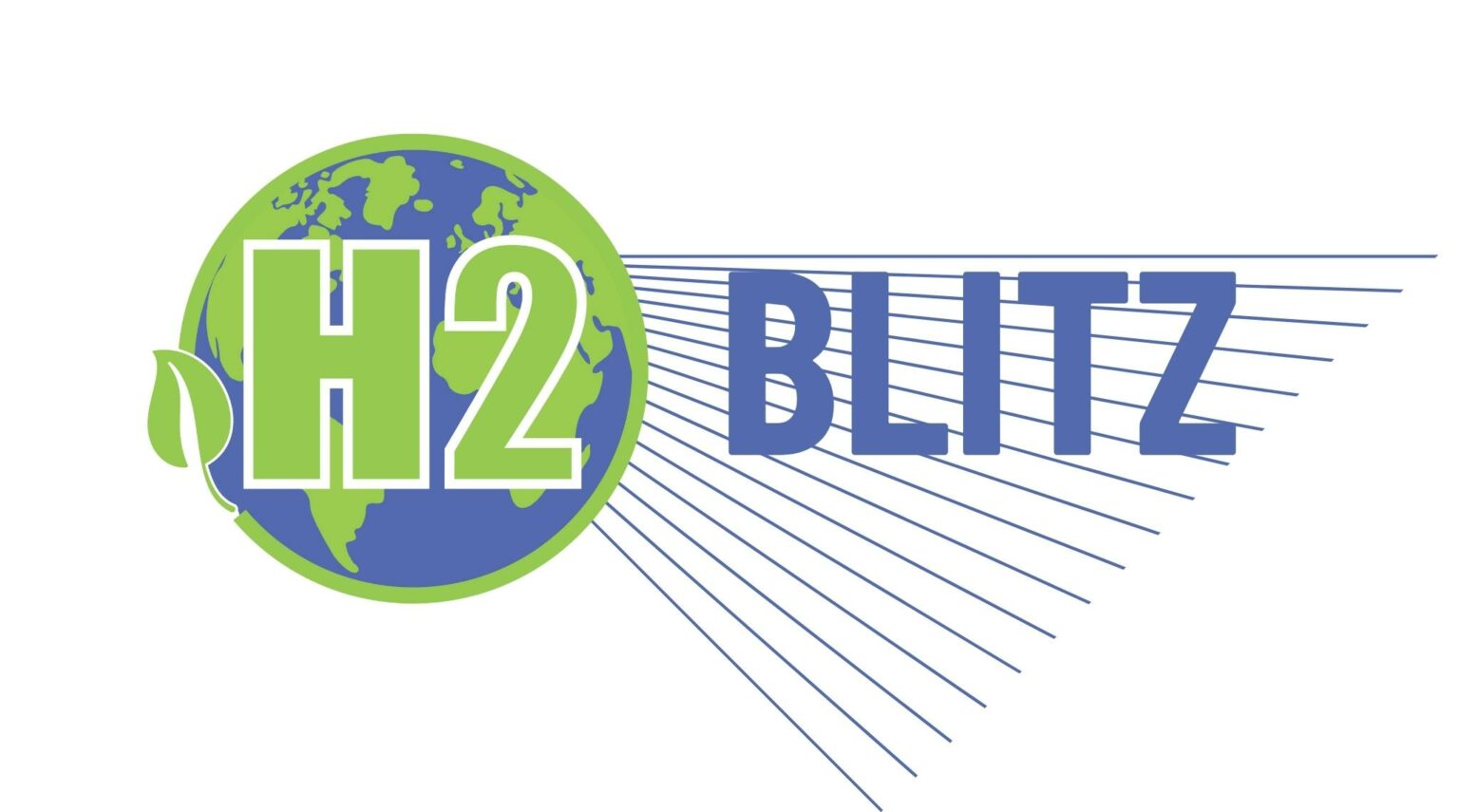Elogen, CNRS, and Université Paris-Saclay laboratory enables industrial-scale green hydrogen synthesis
According to a press statement from GTT, Elogen, a French leader in PEM electrolysis—a promising technique for producing green hydrogen—along with CNRS and Université Paris-Saclay have joined forces to establish a collaborative research facility.
Université Paris-Saclay and CNRS have established a collaborative laboratory called Elogen with the goal of enhancing the present PEM electrolysis procedures and investigating the usage of various materials that are readily available in big quantities to expedite the generation of green hydrogen on a massive scale.
With an emphasis on organic and inorganic chemistry as well as molecular and materials sciences, the joint laboratory will be housed at the Orsay Institute of Molecular Chemistry and Materials (ICMMO – CNRS/Université Paris-Saclay), one of France’s top chemistry research facilities. It will combine the scientific knowledge of PEM water electrolysis, hydrogen storage and purification from ICMMO’s Research and Innovation in Electrochemistry for Energy (ERIEE – Equipe de recherche et d’innovation en électrochimie pour l’énergie) team with the more than 25 years of experience of Elogen teams in the design, production, and marketing of electrolyser design.
Lloyd’s Register approves BeHydro hydrogen-powered dual-fuel engine
For its hydrogen-powered dual-fuel engine, BeHydro, a joint venture between CMB.TECH and Anglo Belgian Corporation (ABC), has received type certification from classification society Lloyd’s Register (LR).
The new engine, which can produce up to 2.7 megawatts (MW) of power, can, as previously mentioned, cut CO2 emissions by up to 85%. Dual-fuel technology enables the engine to continue producing power when neither hydrogen nor renewable energy is available.
The engine development is intended for both shoreside operations and shipping applications, and it will be on display at Europort 2023. According to Lloyd’s Register, this is the first type approval of its sort for a dual-fuel hydrogen engine.
Air Products and Chengzhi unveil hydrogen fueling station in Yangtze River Delta
Air Products and Chengzhi Shareholding Co. Ltd., a Chinese high-tech industry firm owned by the state, have teamed to expedite the decarbonization of transportation in the Yangtze River Delta of China. Through their joint venture, the two businesses have opened Changshu, Jiangsu province’s first commercial hydrogen fuelling station, which can fuel heavy-duty trucks and city buses for logistical purposes.
Under service agreements, the station supplies hydrogen fuel cell vehicles to a number of local and international businesses, such as Yum China, Budweiser China, Nestle China’s logistics service provider, and JD Logistics, to test emissions-free logistical operations. Among them is a 49-ton heavy-duty Budweiser hydrogen fuel cell truck, which is currently traveling over 10,000 safe kilometers between Nantong and Suzhou in East China.
SunGas Renewables supports green hydrogen and methanol project
For an Australian hydrogen project located in northern Tasmania, SunGas Renewables has been chosen to provide green methanol.
Aiming to create 300,000 tonnes of green methanol annually, the ABEL Energy Bell Pay Powerfuels Project has chosen Johnson Matthey (JM) as a supplier of critical technology.
It will make use of SunGas’ “state-of-the-art” renewable syngas generation unit, the SunGas System 1000TM, which is intended to convert renewable sourced wood fiber into renewable syngas, which is used to make renewable biofuels for Bell Bay’s facility. The SunGas System 1000TM requires 240MW of electrolysis to produce green hydrogen and robust methanol synthesis and biomass gasification technologies.
Lhyfe and HYmpulsion ink hydrogen sales agreement
Lhyfe, a pioneer in green and renewable hydrogen production for mobility and industry, has signed a sales agreement with HYmpulsion, the company deploying hydrogen infrastructure under the Zero Emission Valley (ZEV) project in Auvergne-Rhône-Alpes.
The 2017 ZEV project aims to create a profitable and sustainable carbon-free mobility chain in Auvergne-Rhône-Alpes by deploying green hydrogen production, storage, and distribution infrastructure and making hydrogen vehicles available. HYmpulsion, owned by Auvergne-Rhône Alpes, Engie, Michelin, Crédit Agricole, and Banque des Territoires, leads this project. The 2017 Transport Blending Call from the European Commission will fund Auvergne-Rhône Alpes’ objective of becoming one of Europe’s first carbon-neutral regions.
Lhyfe proposes to establish a two-tonne-per-day (5 MW) green hydrogen production station in Le Cheylas (between Grenoble and Chambéry) on the former Ascométal steelworks waste storage site by mid-2025. In doing so, Lhyfe will assist re-industrialize the area and shift the local economy to sustainability. Hydrogen will be produced by electrolyzing water with renewable electricity.
After a ramping-up period, this plant will supply 600 tons per year to seven of Hympulsion’s Alps hydrogen stations for ten years. It will also satisfy local industrial enterprises seeking hydrogen or natural gas alternatives.
